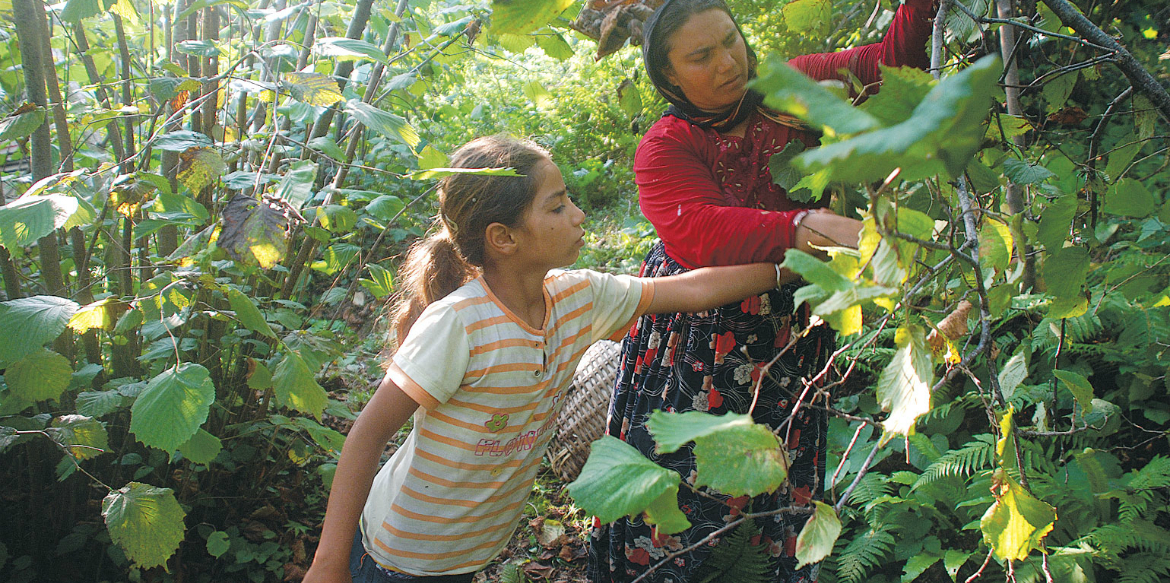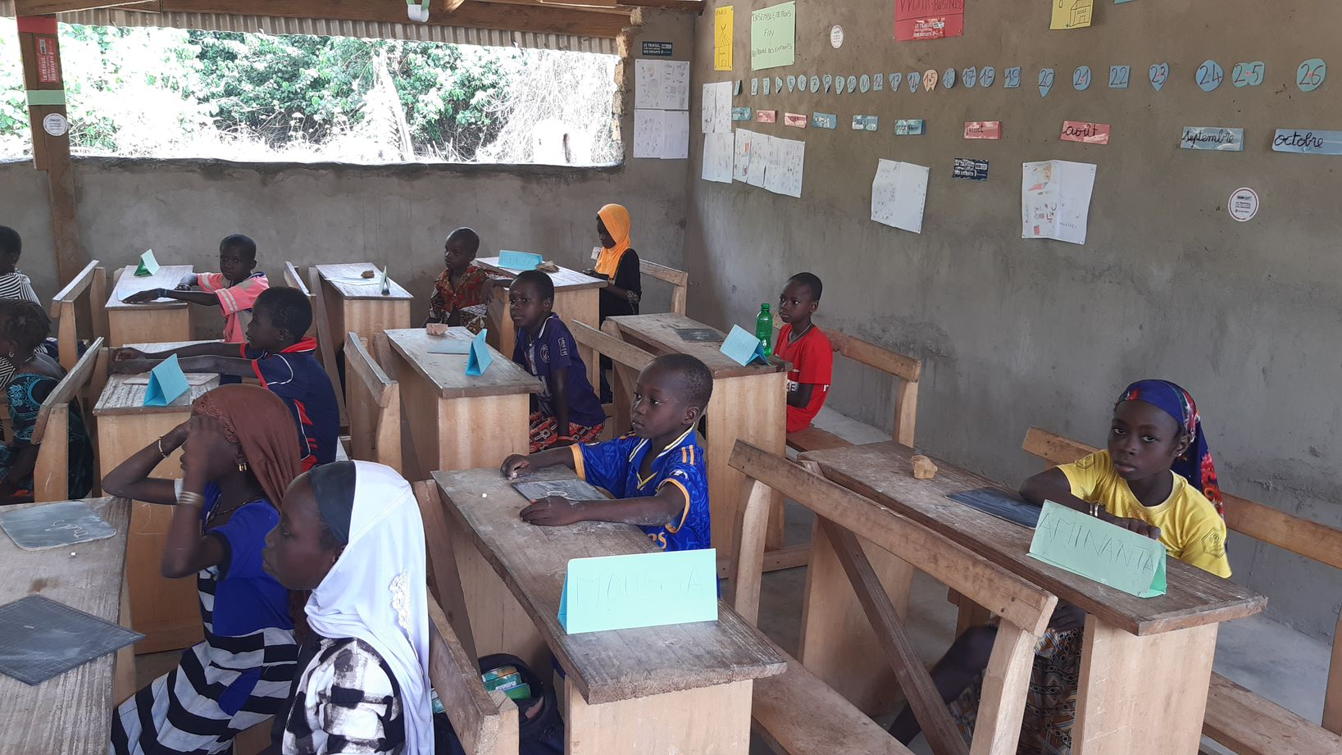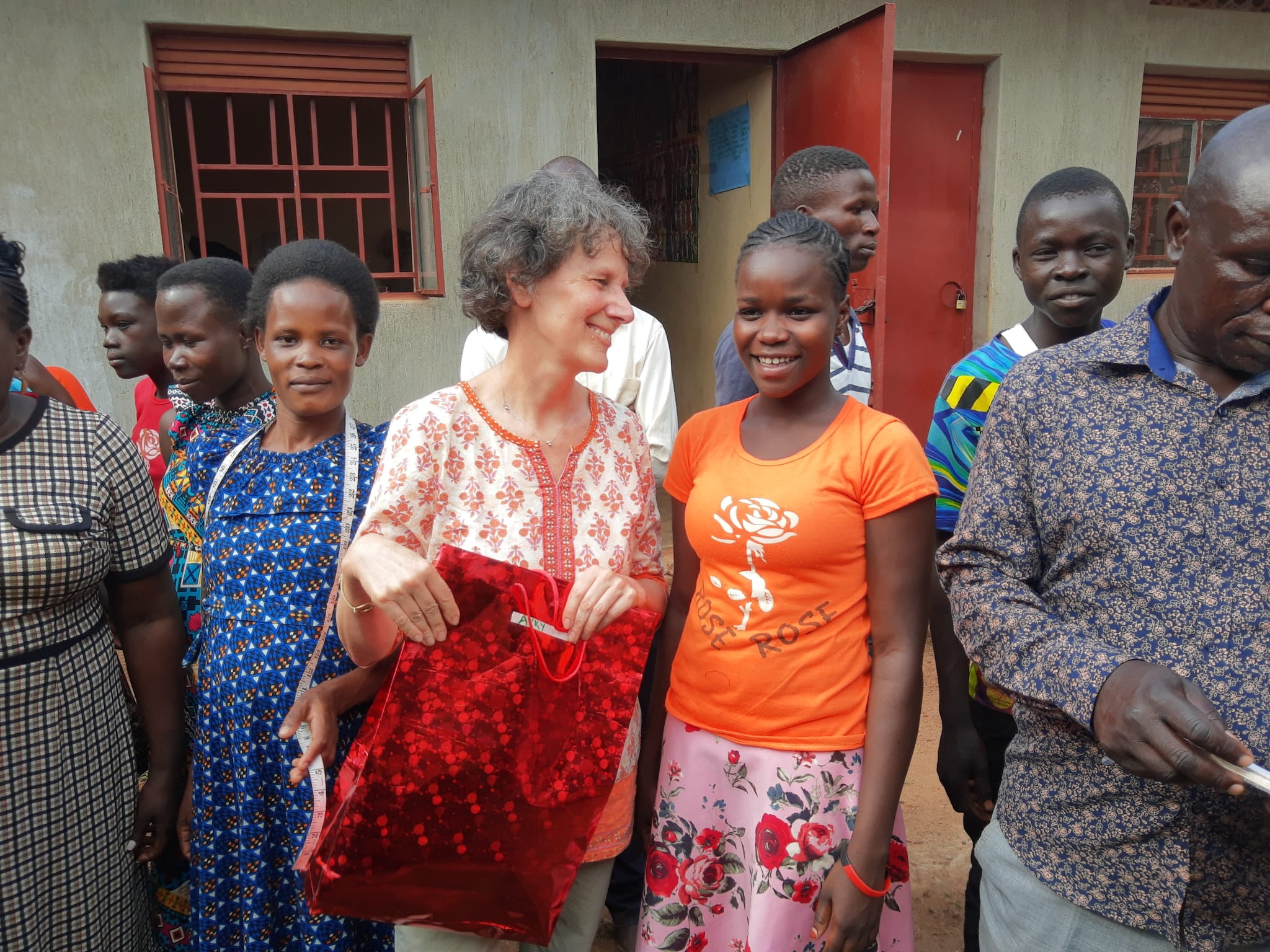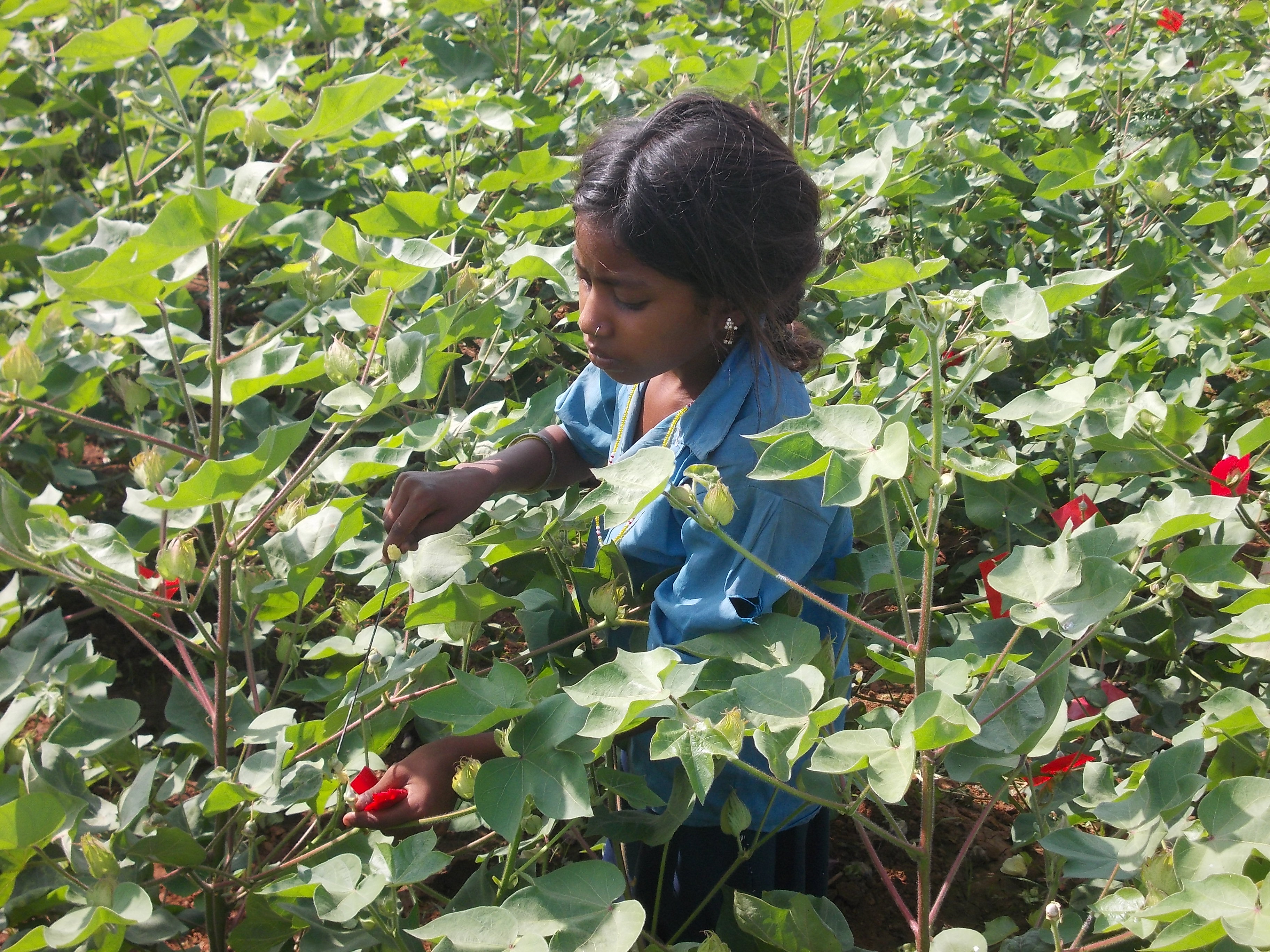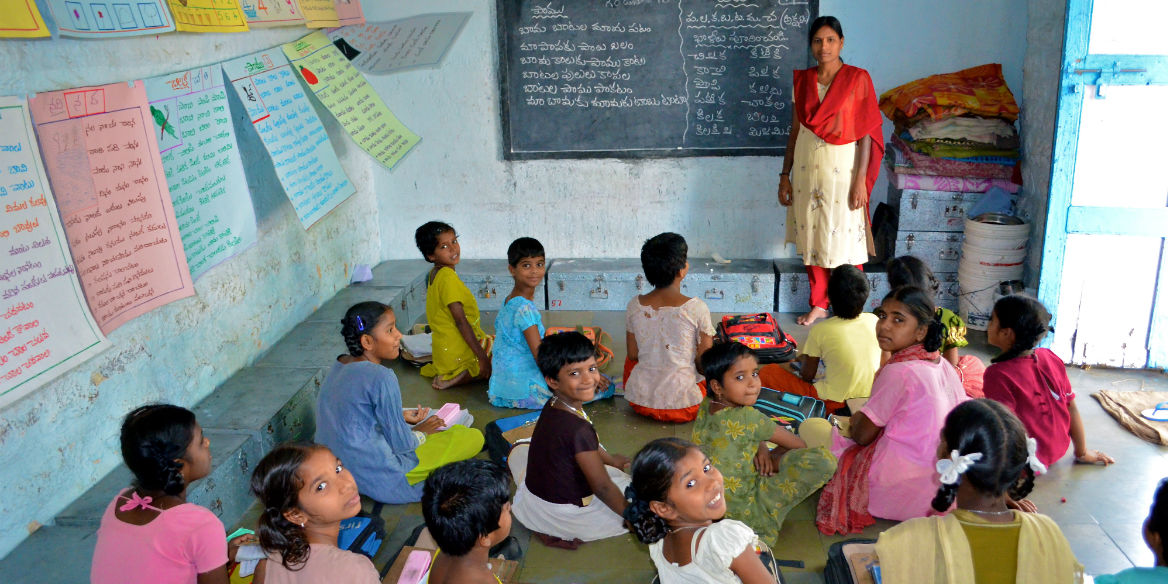Rampant child labour, long working hours and below minimum wages have been found during an independent investigation by the Fair Labor Association (FLA) of Nestlé’s hazelnut supply chain in Turkey. This investigation was done as part of the requirements of Nestlé’s affiliation to the FLA and the findings as well as the corrective action plan of Nestlé are on the website of FLA. A similar situation with regard to violations of labour rights can be expected in supply chains of other companies buying Turkish hazelnuts like Ferrero, Mondelez, Unilever and Ahold. However these companies seem to being doing less than Nestlé to improve the situation.
After a documentary on child labour on Turkish hazelnut production and various campaign activities by, amongst others, Stop Child Labour, the FLA in August 2011 conducted the first independent assessment on this matter at a request from Nestlé. Based on the results of this assessment, Nestlé developed and submitted an action plan to the FLA in February 2012. Of all the companies sourcing hazelnuts from Turkey Nestlé has been the company most active to investigate and to improve the situation. Despite some positive results regarding traceability until farm level and awareness raising at the level of first tier suppliers it seems that hardly any improvement is achieved for the workers picking the hazelnuts.
In order to evaluate the current working conditions in Nestlé’s hazelnut supply chain and the progress made in the implementation of its action plan, the FLA conducted five unannounced visits to Nestlé suppliers and hazelnuts farms in the Black Sea Region in August 2013. During the visits, a team visited 67 hazelnut farms in Nestlé’s supply chain in the Ordu-Giresun (42 visits) and Akcakoca (25 visits) regions. The visits included interviews with local and migrant workers and their accompanying family members, growers, and labour contractors. The FLA assessment included a review of Nestlé’s internal monitoring and remediation system, involving interviews with the staff of regional tier 1 suppliers and documentation review.
The findings of the FLA assessment are quite shocking:
- Growers at almost every farm visited in Ordu and Giresun employ children. The majority are children of migrant workers who accompany their parents to earn income for their family. 41% percent of the workers are below 18 and around half of them below 15.
- At the farms, children, young workers and adults perform the same hazardous and strenuous tasks and work the same number of hours. In most farms working hours exceed the local legal limit of 11 hours per day. A consistent finding among the workers was that children arrived at the farms with their families and worked long hours without rest days.
- At the farms there is no documentation about wages/compensation or working hours. It was commonly found that labour contractors illegally deduct around 10% of each workerʼs daily wages in commission. In 2013, the local Government set the daily wage at 35 Turkish Lira (almost €12). Workers receive less than the minimum wages after the deduction by the labour contractors. Overtime is not compensated. Payments are made at the end of the season.
- Regarding health and safety: all workers on the farms were working without proper personal protective equipment. There are no first aid boxes or trained personnel to assist workers in case of an injury or chemical exposure. The living quarters of the migrant workers provided by the growers are inadequate regarding electricity, water and space.
Follow-up by Nestlé In response to FLAʼs monitoring visits, Nestlé has developed a corrective action plan that is included in the FLA monitoring reports. This plan includes the following action items:
- Nestlé plans to engage the local authorities and the ILO in the two regions, and work closely with the tier 1 suppliers to create awareness amongst growers, workers and labour contractors on labour standards and the Nestlé Supplier Code. This will be accomplished through campaigns, distribution of an illustrated code in Turkish, and targeted trainings.
- A toll-free number will be set up as a mechanism for reporting non-compliances, and a formal grievance mechanism will also be introduced.
- A self-assessment will be introduced at the grower level to regularly evaluate their performance; Nestléʼs internal monitoring team will oversee this activity.
- Nestlé plans to work closely with local organizations to establish a child labour monitoring and remediation system.
FLA will continue to verify Nestléʼs progress and report publicly on its findings.
Stop Child Labour’s response
Stop Child Labour appreciates Nestlé’s willingness to have a thorough independent investigation done of its hazelnut supply chain and the fact that the results are published publicly. Stop Child Labour is also pleased to see that some results have been achieved regarding the implementation of Nestlé’s action plan, especially regarding the traceability of the hazelnuts as now eighty percent of Nestlé’s hazelnut supply from Turkey can be traced back to farm level.
Unfortunately the assessment clearly shows that child labour is still taking place on a large scale. Additionally there are several other violations of labour rights including payment below minimum wage, long workings hours and various health and safety issues. Stop Child Labour did not expect these issues to be solved within two years but the number of violations is alarming and the corrective action seems to be inadequate. It seems that at farm level only few or no real improvements have been made since the first research done by FLA in 2011.
Nestlé has informed us that it is providing information on their website regarding the FLA monitoring reports on child labour and labour rights violations. Nestlé has also published a progress report on child labour in the hazelnut supply chain in Turkey.
We consider such transparency to be part of good CSR policies and practices and Nestlé is certainly taking steps to improve their supply chain transparency. Meanwhile, other companies like Ferrero, Mondelez, Unilever and Ahold are not providing any information at all while they are sourcing hazelnuts from Turkey. This makes it unclear if they are doing anything to address the issues of child labour and other labour rights violations in the Turkish hazelnut sector.
From the reports we understand that remediation of child labour remains the top priority of Nestlé. Of course we agree that this needs immediate attention. However for an effective eradication of child labour it is essential to improve other labour conditions as well, including better wages. The majority of the child labourers are children of migrant workers who accompany their parents to help earn income for their family. Only focusing on removal of these children from the farms the measures will have a negative effect on the migrant families, including their children. They might get engaged in other work to compensate the loss of income. So the question is what Nestlé – and other buying companies – will do to compensate the parents for the loss of the income now generated by their children? Will measures be taken to improve the wages up to living wage level? Is Nestlé e.g. also willing to pay a higher price for the hazelnuts so that growers are able to pay higher wages to the workers?

